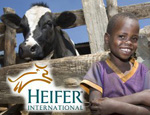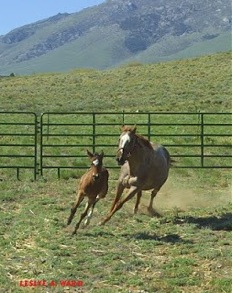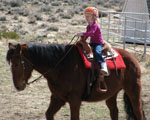


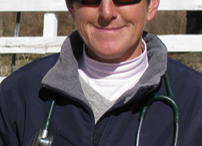
"Building healthy partnerships"
YOUR MARE AND SPRING TRANSITION
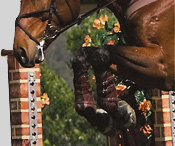
In the past week I've had conversations with clients concerned about performance mares exhibiting unusual behavior or brood mares showing irregular heat cycles. Both of these problems are related to the seasonal nature of the mare's reproductive cycle, and specifically the transitional period that affects many mares between January and April.
Seasonal variation in the duration of daylight has a profound influence on equine reproductive performance. The horse is a seasonal breeder - increasing daylight improves the mare's reproductive efficiency while short days result in poor reproductive regulation. Daylight is believed to act by stimulating the production of melatonin by the brain’s pineal gland. This melatonin in turn causes the hypothalamus to release reproductive hormones which influence the ovaries to develop and release follicles.
The transition from the short days of winter when most mares stop cycling all together, to the long days of June, when fertility is at its highest, is a gradual process. During the spring and fall, mares enter a period of anovulatory receptivity, or the transitional period. At this time, they often exhibit erratic estrus behavior, and while they appear to be in standing heat and accept a stallion, there often is not an associated ovulation of a mature follicle. Even if a transitional mare does ovulate appropriately, the hormonal sequence necessary to maintain pregnancy may not be in place and the conceptus is lost. Particularly in the spring, this transitional period is characterized by long, erratic heat cycles without ovulation.
During the transition period performance horses often exhibit irritable behavior and are difficult to train. There are many oral supplements available over the counter which claim to improve the demeanor of irritable mares. The effectiveness of these supplements is variable. For years people have used cattle subcutaneous hormonal implants to control mare's heat cycles, but multiple research trials have been performed using these implants and no one has ever been able to show that they have any real effect on the mare's hormonal regulation. In the past the only truly reliable means of preventing cycling was the daily administration of oral Regumate liquid (altrenogest, a synthetic progesterone). Now we also have a time released injectable altrenogest manufactured by BET Pharm, which provides 30 days of active estrus suppression.
Once the transitional period is over and mares are cycling regularly, reproductive efficiency rapidly improves. The "normal" mare has a 21 day heat cycle. She is not receptive for 14-15 days (diestrus), then comes into heat for 4-7 days (estrus), ovulating 12-24 hours before behavioral signs of estrus disappear. Regarding performance horses, some mares continue to be difficult during the days close to ovulation, but in general the number of days when undesirable behavior is exhibited are markedly reduced.
So, when your mare is acting like a maniac in February and March, remember that part of her behavior may be attributed to temporary hormonal imbalance Mares, just like people, are very individual in their reaction to their internal chemistryIf you own a mare you are trying to breed in the early spring, or a performance horse with seasonal behavior problems, ask me about management practices that may improve your breeding success or help your mare's disposition.
PO BOX 60730
RENO NV 89506
EMERGENCY (775) 742-2823 OFFICE (775) 969-3495
FAX (775) 969-3923



